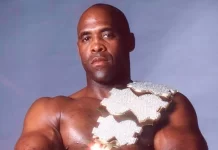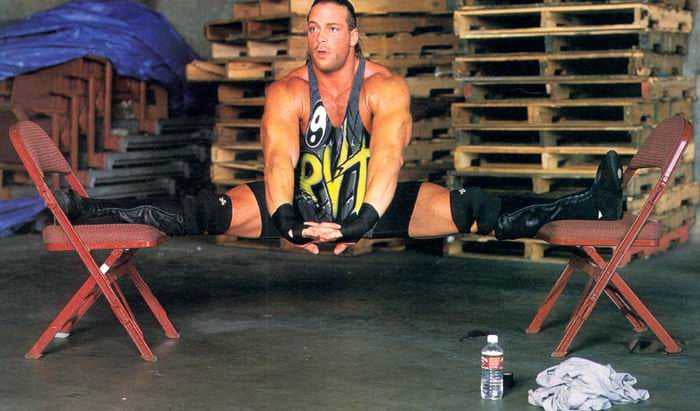John Cena’s new show “American Grit” premiered on Fox this week and he’s been very busy promoting the show. Cena recently spoke to Entertainment Weekly about what makes “American Grit” unique and more. You can check out the full interview here along with some highlights below.
How he feels about John Cena memes and vines:
“I was only recently made aware of these things. I’m way late to the party! Trust me, if an interruptive internet meme is the worst … I’ve been called everything under the sun. If it’s not offensive, I don’t care. I think it’s great. The fact that my music, the fact that my actions in the ring in the WWE capacity can spur pop culture to want to create this thing that I couldn’t control if I wanted to, although some people may take it as like an insult, it’s very flattering to me. I’m very thankful.”
What makes American Grit different from other competition shows:
“It’s not a “physical competition show.” We take these exercises derived from actual military training, and if you look at how the U.S. military functions, they are not just building physical specimens; they are building functional teams. Anyone who enlists in the military—man, woman—they come from all walks of life, and they don’t necessarily have the skillset of a bulletproof triathlete who can be an Olympic weightlifter at the same time [they] do crazy, death-defying stunts. As opposed to American Ninja Warrior, which is like, “Wow, I can’t believe how they do that,” I want [the audience] to root for [the contestants] because they know what they’re going through; they can feel how this would feel as they go under this physical and mental duress, and if they don’t like someone on the show, I want them to be able to yell at the television, “F that person. I can do this. I just need a chance.” And I want them to have that empowerment of [these goals] being aspirationally attainable.”
How his career as a wrestler inspired him to do the show:
“What inspired me about the show was its DNA, trying to get people together who say they never give up, and putting them in a scenario where their resolve will be tested. I was glad I had the best seat in the house that orchestrates all of this, but I loved the idea on paper. When someone explained it to me, I actually didn’t think logistically it could work as well as it did. I think people are going to watch this [and] love it. Not only from a challenge aspect — I think they’re going to be wowed by the landscapes and the excitement that the show brings, but I also want them to be inspired. I want them to watch the show at home and say, “You know what, if I work, I can do that,” and that’s pretty much the goal: to inspire people to never give up.”














